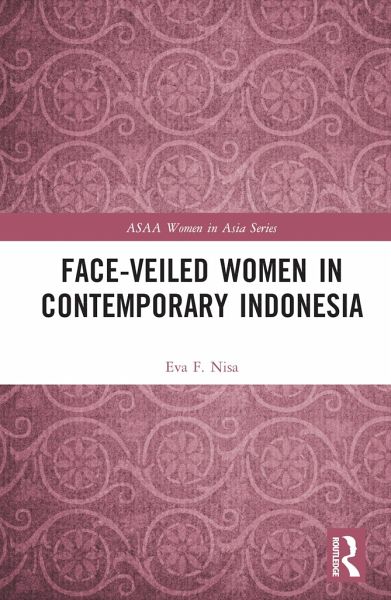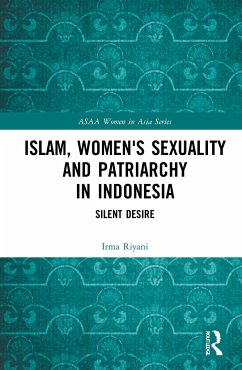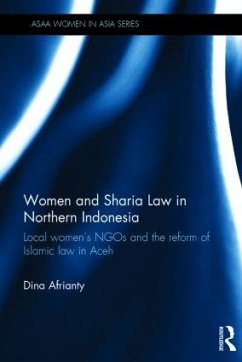
Face-veiled Women in Contemporary Indonesia
Versandkostenfrei!
Versandfertig in 1-2 Wochen
167,99 €
inkl. MwSt.
Weitere Ausgaben:

PAYBACK Punkte
84 °P sammeln!
Face veiling is relatively new in Indonesia. It is often stereotyped as a sign of extremism and the growing Arabisation of Indonesian Muslims. It is also perceived as a symbol that demonstrates a lack of female agency. However, increasing numbers of women are choosing to wear the cadar (the full face veil). This book provides an ethnographic study of these women: why they choose to wear the cadar, embody strict religious disciplinary practices and the consequences of that choice. The women in this book belong to two Islamic revivalist movements: various Salafi groups and the Tabl¿gh¿ Jam¿¿...
Face veiling is relatively new in Indonesia. It is often stereotyped as a sign of extremism and the growing Arabisation of Indonesian Muslims. It is also perceived as a symbol that demonstrates a lack of female agency. However, increasing numbers of women are choosing to wear the cadar (the full face veil). This book provides an ethnographic study of these women: why they choose to wear the cadar, embody strict religious disciplinary practices and the consequences of that choice. The women in this book belong to two Islamic revivalist movements: various Salafi groups and the Tabl¿gh¿ Jam¿¿at. Indonesia has constantly witnessed transformations in the meanings and practices of Islam, and this book demonstrates that women are key actors in this process. Nisa demonstrates that contrary to stereotypes, the women in this study have an agency which is expressed through their chosen docility and obedience.














